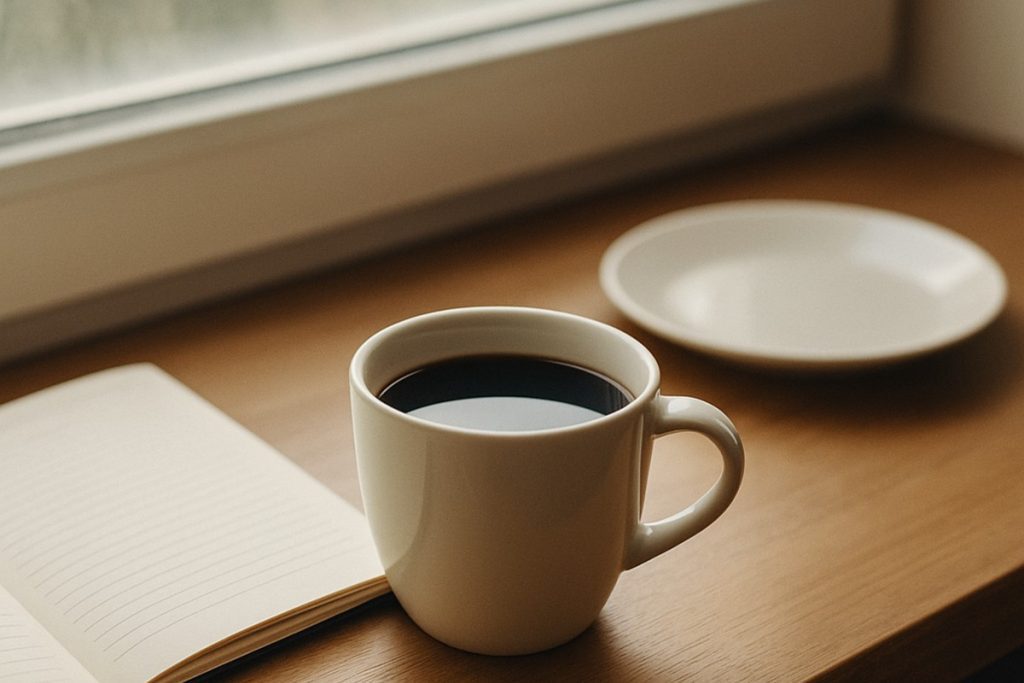I Skipped Breakfast Every Day—Here’s How It Changed My Body and Mind
I never thought skipping breakfast would become a personal experiment. But one morning, I rolled out of bed late, sipped my coffee slowly, and decided not to eat. That day felt different—not just rushed, but clearer. My stomach growled less, and oddly, I felt steady. By dinner, I wasn’t starving. I wondered if this small change could reshape my energy, mood, or even my health. So I committed: no breakfast for 30 days, just water, tea, or coffee until noon.
The first days were tough. My head felt fuzzy mid-morning, and my stomach rumbled like a warning bell. It wasn’t hunger—it felt more like a shake in my system. On day three, I nearly caved—my energy dipped, I felt irritable, and I realized how much I relied on that first meal. That morning I felt that tension rising.
But then something shifted. By week two, my mind felt noticeably sharper in the morning. Tasks felt easier, and I experienced a calm focus I hadn’t felt before. My appetite adjusted, too. I ate a bigger lunch but didn’t overindulge.
Physically, I lost a few pounds without trying. Eating two meals instead of three meant fewer calories unintentionally. I noticed a slimmer waist, steadier blood sugar feelings, and rarely dealt with post-lunch slumps.

By day thirty, my skin glowed, my jeans felt looser, and my mornings felt more peaceful. I felt like my body and mind were syncing differently—like I’d hit “reset.” My energy was steady until lunch, my brain was calm, and I didn’t crave sweets. All those tiny benefits piled up, and I didn’t dread mornings anymore.
But it wasn’t perfect. Some mornings, I felt jittery or easily stressed—especially when I delayed eating past noon. I noticed my sleep was lighter on evenings after skipping breakfast. My stress levels were higher mid-morning if I didn’t drink enough water or reminded myself why I started.
I also realized skipping breakfast isn’t a one-size-fits-all solution. Some people thrive on intermittent fasting; others don’t. Morning or not, nutrients matter.
Skipping breakfast changed my mornings, focus, weight, and relationship with food in a real way. It wasn’t magic, but it felt like opening a door. I discovered quiet mornings, steadier energy, gratitude for meals, and a clearer head. But I also learned it takes care: skipping meals affects hormones, sleep, mood, and long-term health.
To anyone curious, my advice is simple: try it for 2–4 weeks. Drink water or black coffee. Break the fast around noon with balanced food. Notice how you feel—energy, mood, hunger, sleep. If mornings feel peaceful and your body responds well, keep going. If you feel jittery, moody, or tired, maybe breakfast isn’t for you. Either way, it’s about learning your body, not chasing a trend.
Skipping breakfast isn’t a universal fix. But for me, it became a small moment of control and clarity—a way to start the day with intention. And if that peaceful pause sticks around? That’s worth something.



